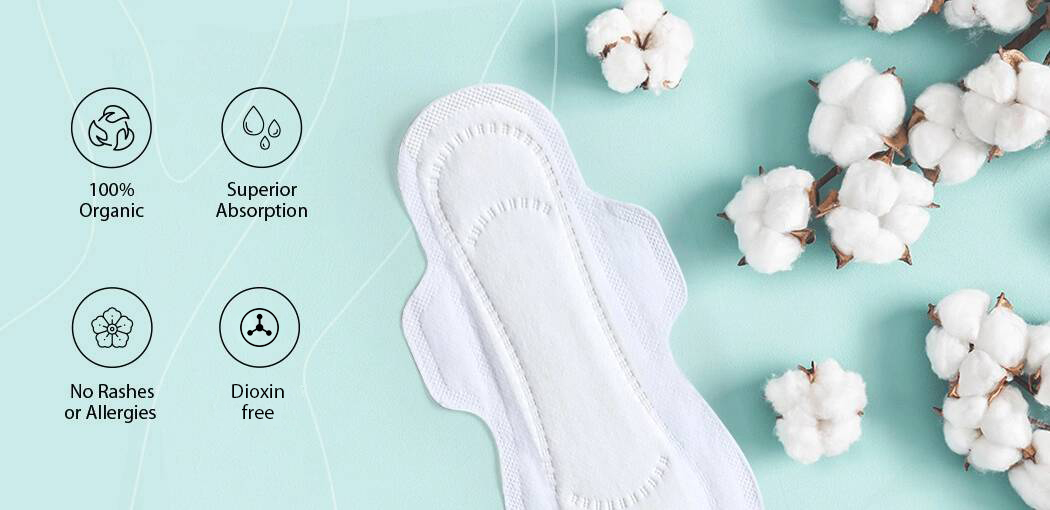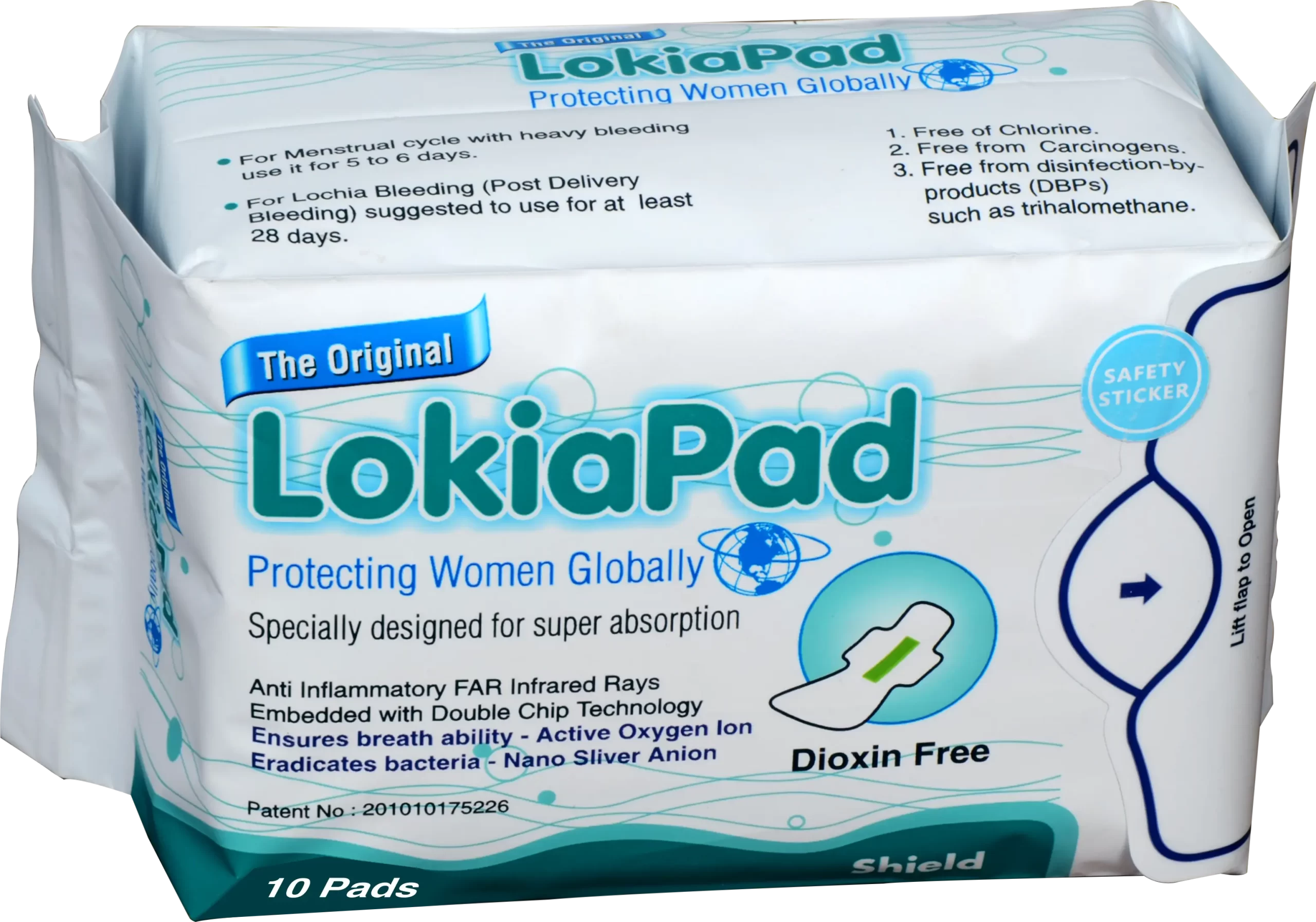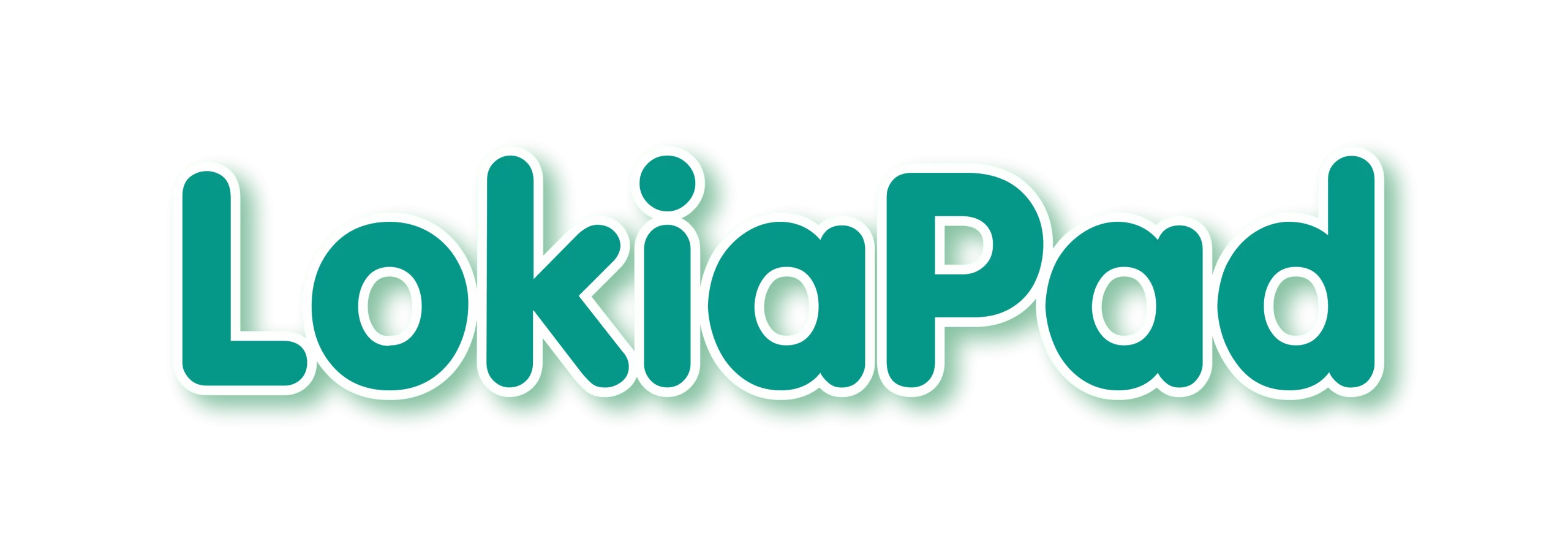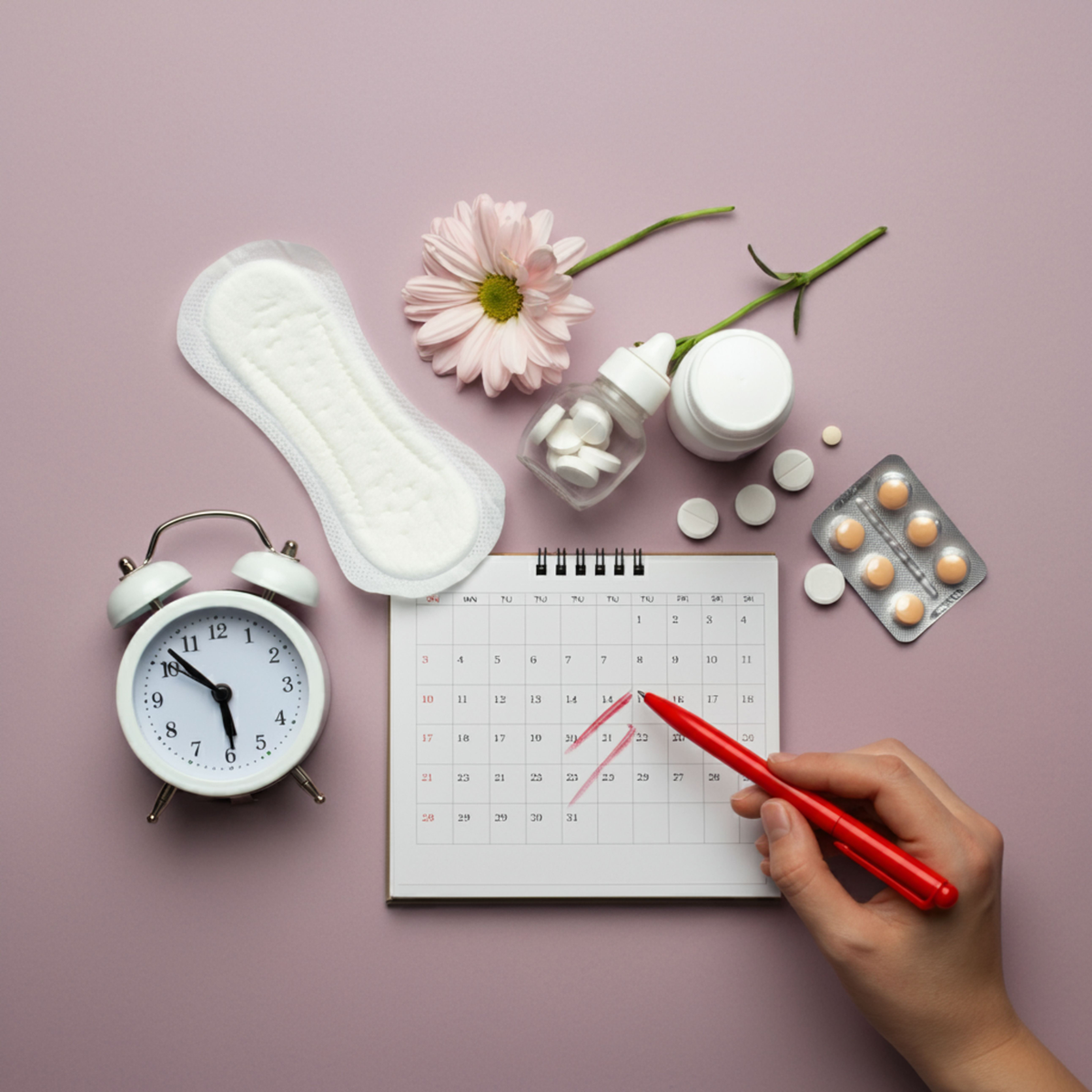

to Discomfort
easier than ever!



to Leaks!
and unique pad design provide maximum protection
against leaks and stains.



Toxin-Free!
menstrual cycle.

Introducing LokiaPad
Your Specialized Solution
for Post-Delivery Care
Post-delivery Care and Heavy Menstrual Discharge: Meet LokiaPad
LokiaPad, our revolutionary product is not just a pad; it’s a testament to comfort, innovation, and ultimate protection. We’re redefining the way women experience their menstrual cycles and post-delivery recoveries Crafted from soft and breathable cotton material, our absorbent polymer pads ensure maximum comfort while heavy discharge during regular menstrual cycle.
“Simply Better, Everyday!”
.

Facts
SAP (Super Absorbent Polymer) is a synthetic polymer that has the ability to absorb and retain large amounts of liquid. it is usually found in the form of small beads or granules.

Why LokiaPad?
Transforming post-delivery Recovery
At LokiaPad, we understand the struggles and discomfort associated with traditional sanitary pads. That’s why we’ve crafted a solution that goes beyond basic absorption. Our pads are engineered with dual core technology and premium materials to provide an unmatched experience.
Dual core technology and Premium Materials
LokiaPad actively prevents bacterial infections and eliminates unwanted odours, promoting a fresh and hygienic feeling throughout the day. Our pads are made from organic materials, prioritizing your safety by eliminating the risk of exposure to dioxins found in traditional pads. Experience superior absorbency, enhanced air circulation, and fragrance-free, allergy-free protection with LokiaPad. Join the LokiaPad revolution today and discover a new standard in feminine hygiene.
LokiaPad Unboxed: What makes it special!

Choose LokiaPad for a modern, reliable, and refreshing period experience!

LokiaPad
We are dedicated to delivering products that not only cater to women’s needs but also empower them. With LokiaPad, we aim to provide comfort and protection, ensuring you have peace of mind during this important time. Trust in our commitment to supporting you.
Facts
Nano silver anions are microscopic particles of silver that possess antibacterial properties. They help inhibit the growth of bacteria and prevent odor, promoting a cleaner and fresher feeling during use.
FAQ
FAQ’s
Why should one use a sanitary pad?
Sanitary pads are essential for maintaining vaginal hygiene. Whether during a regular cycle or post-delivery, they provide comfort, facilitate free movement, and are easy to use and dispose of safely.
What are sanitary pads made of?
Sanitary pads, including regular and maternity pads, are typically composed of wood pulp and waste paper, bleached with chlorine for whiteness. The top sheet is made of rayon, which may lead to rashes and itching.
How frequently should the pads be changed?
During a normal menstrual cycle, it’s recommended to change pads every 4 hours or as needed to maintain hygiene and prevent irritation.
In cases immediately after delivery, change the pad every 4 hours or as needed to maintain hygiene and prevent irritation. During the first few days of maternity, you may need to change more frequently due to heavier bleeding.
How to choose the right sanitary pad?
For a normal menstrual cycle, pads should be comfortable and non-irritating.
After delivery, pads should be capable of absorbing up to 180 ml, supporting episiotomy wound healing, and preventing bacterial infection.
What is Dioxin? How does it impact women’s Health?
Dioxins are toxic chemicals that can be produced during the bleaching process of materials like wood pulp, which is used in the production of sanitary pads.
They are a concern because they have been linked to adverse health effects, including cancers such as ovarian, uterus & bladder, and other conditions like pelvic inflammatory disease and endometriosis.
How to dispose of a sanitary pad?
Wrap used pads in newspaper or toilet paper and dispose of them in a trash bin. Do not flush them down the toilet, as they can cause blockages.
Facts
Far infrared rays are a type of electromagnetic radiation that can penetrate deeply into the body. In sanitary napkins, far infrared rays are believed to improve blood circulation and promote relaxation.





